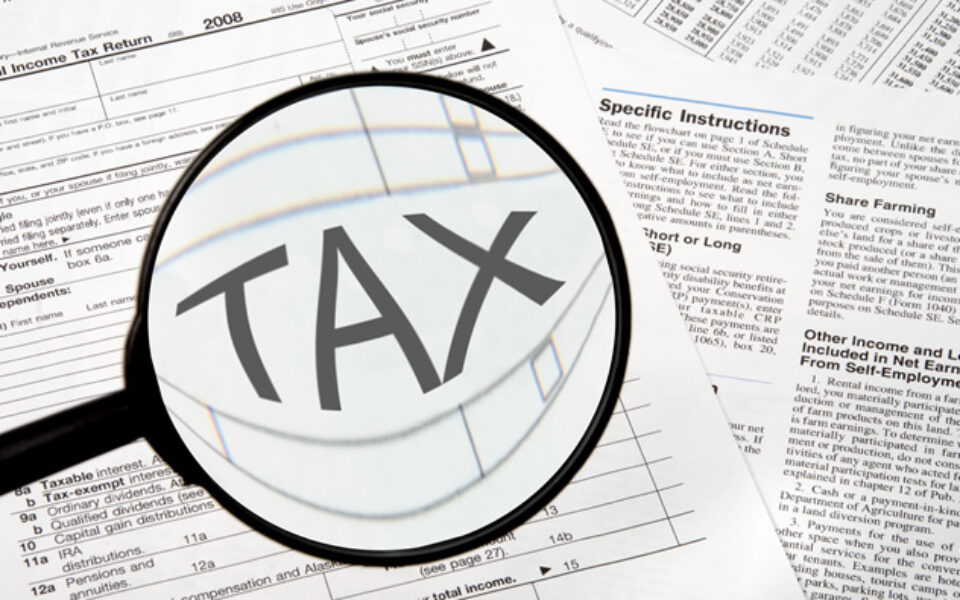February 3rd marks the 105th anniversary of the ratification of the 16th Amendment, which streamlined Congress’s ability to tax and resulted in the creation of the beloved Internal Revenue Code and Internal Revenue Service. In celebration of this occasion, I offer this tribute to our sacred system of taxation, which has enabled me to feed my family:
In the beginning, our senators and representatives looked out over this great land and said, “Congress shall have power to lay and collect taxes on incomes, from whatever source derived, without apportionment among the several States, and without regard to any census or enumeration.”
They said, ”Let us submit our proposal to the people for their approval, so that great things may be accomplished in the land.” And so it was that 45 of the then 48 states considered the law and did ratify it, and it became the 16th Amendment to the Constitution. And Congress gazed upon what it had created and believed it was good.
Then Congress said, “Let us now put our handiwork into action. Let there be a new income tax on man – a personal income tax. Let it be complex and applied retroactively, so that from the outset the people may know that taxes be not easily fathomed. Hence, let us impose a 1% normal income tax on all income, plus a graduated surtax of up to 6%.” And Congress looked at what it had done, and it was complicated and it was good, and it was called the Revenue Act of 1913.
And the Revenue Act of 1913 begat the Revenue Act of 1916, which begat the Revenue Act of 1917. Over the next 100 years, new tax acts as numerous as the stars of the heaven were passed. Each of these acts raised tax rates or lowered them, created new deductions or eliminated them, added new categories of income or limited them. Each, however, was done for the common good, yet still tried men’s patience.
And Congress looked out at what it had done and said, “It is not enough that the tax law be used only as a means of raising revenues. Come, let us enact laws that will stimulate the economy. Let there be investment tax credits or bonus depreciation to encourage the purchasing of equipment or job credits that promote the hiring of the unemployed.” And the nation responded and much machinery and furniture was acquired, and many people were hired. And Congress saw what it had accomplished, and it was good.
And Congress again looked out from on high and thought, “The tax code shall also be employed to assist the downtrodden. Let there be allowed as a tax deduction gifts made to charity. In this way, man will be encouraged to assist his less fortunate neighbor by feeding, clothing, housing or educating him. And as an added benefit, such burdens may be removed from our shoulder. And let the tax code also be used as a means to correct the ills of society. Let tax exempt status be denied to those organizations that proceed in a manner contrary to public policy, thereby denying a charitable deduction to those that provide support.” And so it was that the highest court in the land denied tax exempt status to private schools that had racially discriminated. And behold, the tax code’s mission to keep watch over public policy was declared throughout the land. And Congress, or at least most of it, saw that it was very good.
And so has it been for these last 105 years. Myriads upon myriads of tax returns filed. Trillions upon trillions of tax dollars collected. Tax law upon tax law enacted. Thou shall not claim your grandmother as a dependent (unless she meets the gross income and support tests). The IRS is my shepherd. I shall not cheat. It maketh me to file my return timely. It refundeth my overpayment…
Sorry, I get a little carried away at times. So happy birthday Amendment 16, and may you continue to thrive for years to come – or at least until I am able to retire.





















